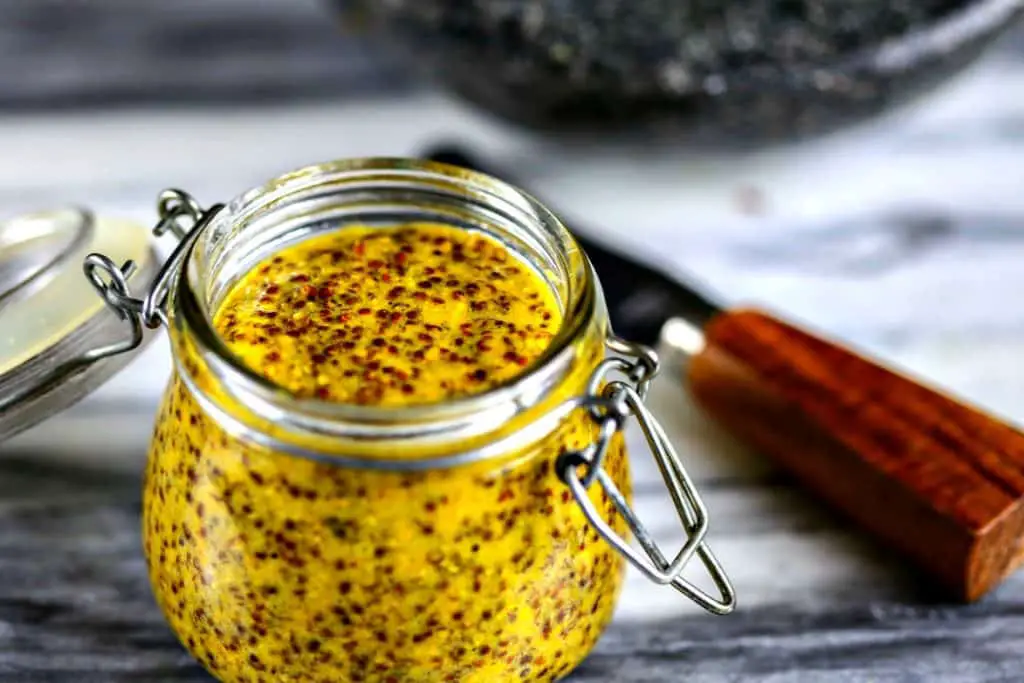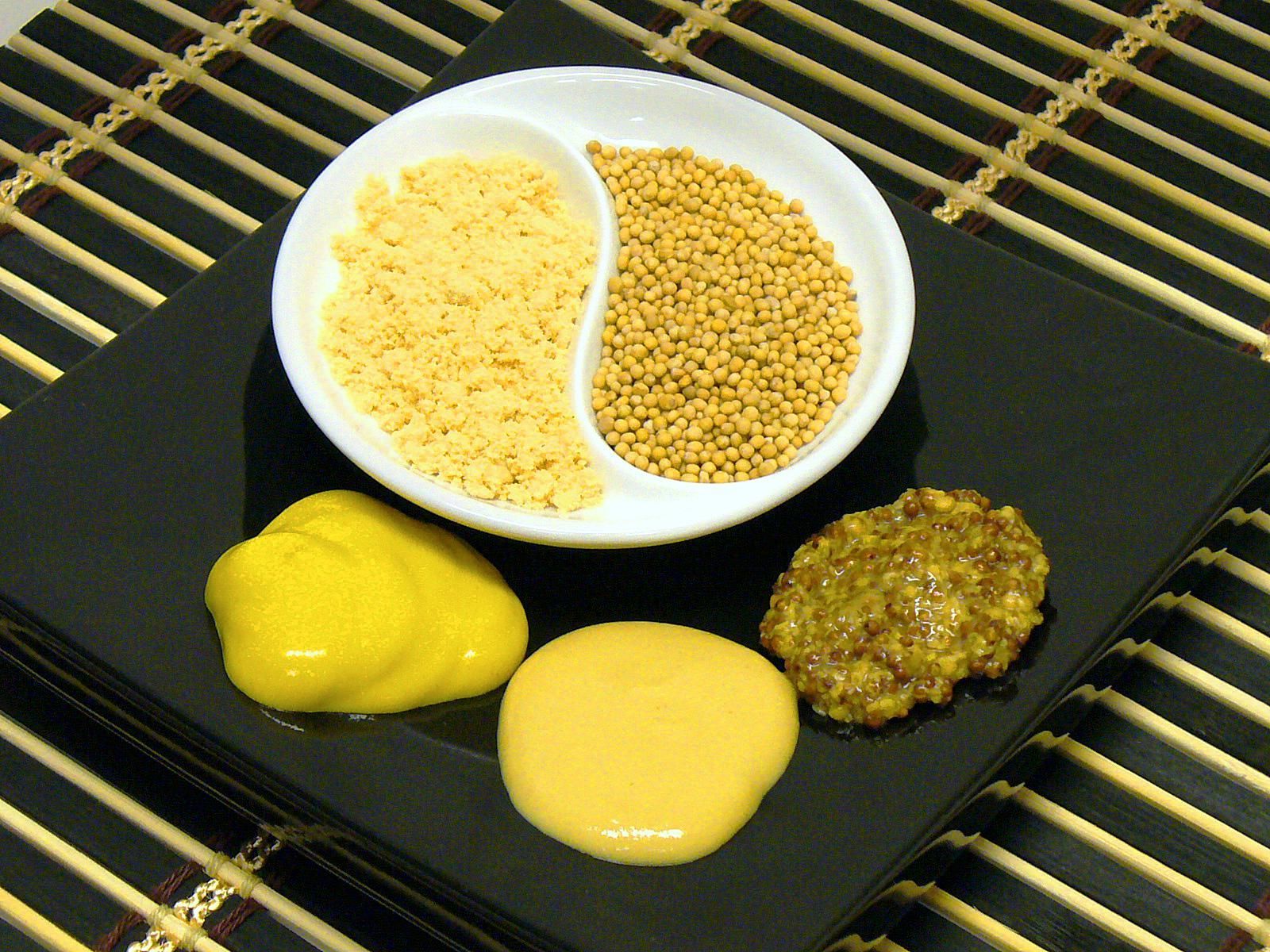Did You Know That Mustard Can Last Indefinitely?

What comes to mind when someone says ‘condiment’ – tomato ketchup? Mayonnaise? Probably mustard too. Ketchup and mustard are probably the most famous condiments. Go to CCD or Barista and order a savoury item. You always get mustard and ketchup to go with it. There are a lot of things that make mustard a fascinating condiment. You might not like it, but hey it’s pretty good for you!

Origin of Mustard Sauce
The condiment we have is made from the seeds of the mustard plant. The whole, ground, cracked, or bruised mustard seeds are then mixed with water, vinegar, lemon juice, wine, salt, and often other flavourings liquids and spices, to create a paste or sauce ranging in colour from bright yellow to dark brown. The taste of mustard ranges from sweet to spicy.
Most often, mustard is used as a condiment on cold meats. It is also used as an ingredient in mayonnaise, vinaigrette, marinades and barbecue sauce. In the Netherlands and northern Belgium, it is commonly used to make mustard soup. Sometimes, mustard can also act as an emulsifier. This means that it can stabilise a mixture of two or more immiscible liquids like oil and water. On adding it to Hollandaise sauce, mustard can inhibit curdling too.
Read Also: 8 Dishes We Think Are Indian But They Are Actually Not

Storage and Nutritional Value
Mustard has antibacterial properties. For this reason, it does not require refrigeration for safety. It won’t grow mould, mildew or any harmful bacteria. In fact, it can last indefinitely without becoming inedible or dangerous. It can dry out or lose flavour due to oxidation, though.

As a condiment, mustard averages approximately five calories per teaspoon. Some of the many vitamins and nutrients found in mustard seeds are selenium and omega3 fatty acids. Selenium and magnesium have high anti-inflammatory properties. They also help to reduce the severity of asthma and rheumatoid arthritis, low blood pressure and may even help prevent heart attacks!
Additionally, this ingredient is also rich in phytonutrients called isothiocyanates which may prevent or stall the growth of gastrointestinal and colorectal cancers. Yellow mustard is technically your perfect condiment. With zero fat and virtually no calories, sugar or salt, yellow mustard is one condiment you can dab, squeeze and squirt with abandon.

Ketchup vs Mustard
Ah, the great debate. Well then, let’s get on with it! If it comes to nutritional value, mustard takes home the trophy. Ketchup may contain tomatoes but in no way does that means it’s diet friendly. One-fourth of a bottle of ketchup is sugar. In comparison, mustard has zero fat and virtually no calories. Regarding taste, the debate becomes more balanced. Many people just don’t like the pungent flavour that mustard has. Ketchup has a more subdued and pleasant effect on the tongue. Plus there is also the fact that ketchup is used more widely as compared to mustard. Who eats french fries with mustard sauce after all?




